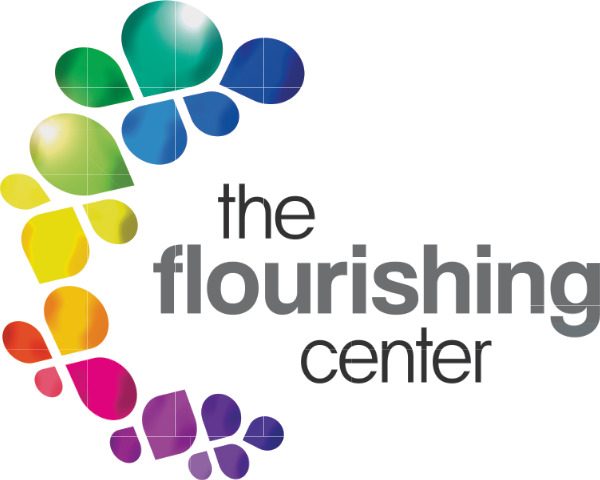
Meaningful rituals and community support can bolster you in times of need.
Ritual and Remembrance
Last Saturday marked another loss; my best friend’s father passed away. He suffered a heart attack on the tennis court playing with his friends, one of the many physical joys he savored. Monday would have been his 76th birthday. The family had birthday dinner plans and they kept them. We set a place for him at the table, got him a balloon, ate a delicious meal, including his favorite cake, and we sang “Happy Birthday.” Then we lit a candle and took turns while each person recounted a special memory about him.
Not only was it an incredibly moving experience, it was a beautiful demonstration of the power of positive psychology put into practice and positive grieving. Positive psychology is defined as the scientific study of optimal human functioning. It aims to move people north of neutral, rather than treating depressed people in order to get to a baseline of happiness. Positive grieving is a way of grieving that does not just get a person out of the negative and back to baseline; it is a form of grieving that builds cognitive, emotional and social resources along the way.
The key is using the power of ritual and preventatively building those muscles so that they are there for you and your family during times of need. Many people turn to positive interventions in the heat of the moment and wonder why they didn’t work. I’ve had people tell me, “I tried that deep breathing stuff and it didn’t help me.”
“Oh yeah? When did you try it?” I’d ask. “I was having a panic attack, and I tried to take deep breaths to calm down,” they would reply.
Well, that’s like running a marathon when you’ve never run a 5K. The purpose of these practices is that you do them over and over so that they become available to you in times of need because you’ve developed that muscle.
Building the Muscle
According to Jan Stanley (MAPP), who writes frequently on positive psychology, habits, practices and rituals each serve different functions. A habit is a behavior repeated so often it becomes automatic. A practice is an activity that is performed to acquire or improve a skill. And a ritual is a behavior that is performed with symbolic actions that anchor an experience.
My best friend’s family has gathered for every birthday dinner and performed this candle ritual for decades. The rituals they’ve performed built a reservoir of social capital in their family. They deepened trust, belonging and safety. And at a time when they needed it most, the ritual—in all its meaning—was there for them.
I was profoundly honored to witness their process. We wept together and shared memories. Everyone supported each other and they celebrated his life. I kept thinking, this is positive psychology in practice. Routines provide comfort and predictability in life. Rituals unite people and elevate the ordinary to the extraordinary.
Living Through Loss
Loss is something that everyone will face at some point in their life. And while you can never prepare for what it will be like to receive that call, you can identify the practices and rituals you share with your friends and family, that build your social glue and networks of support.
Bring people together to share, connect and celebrate. Then, you and your community, can stand by each other’s side, hold each other through the tears and build a buttress of support to get through life’s dark days.
…
If you don't want to miss another episode, subscribe via your favorite podcast app:




